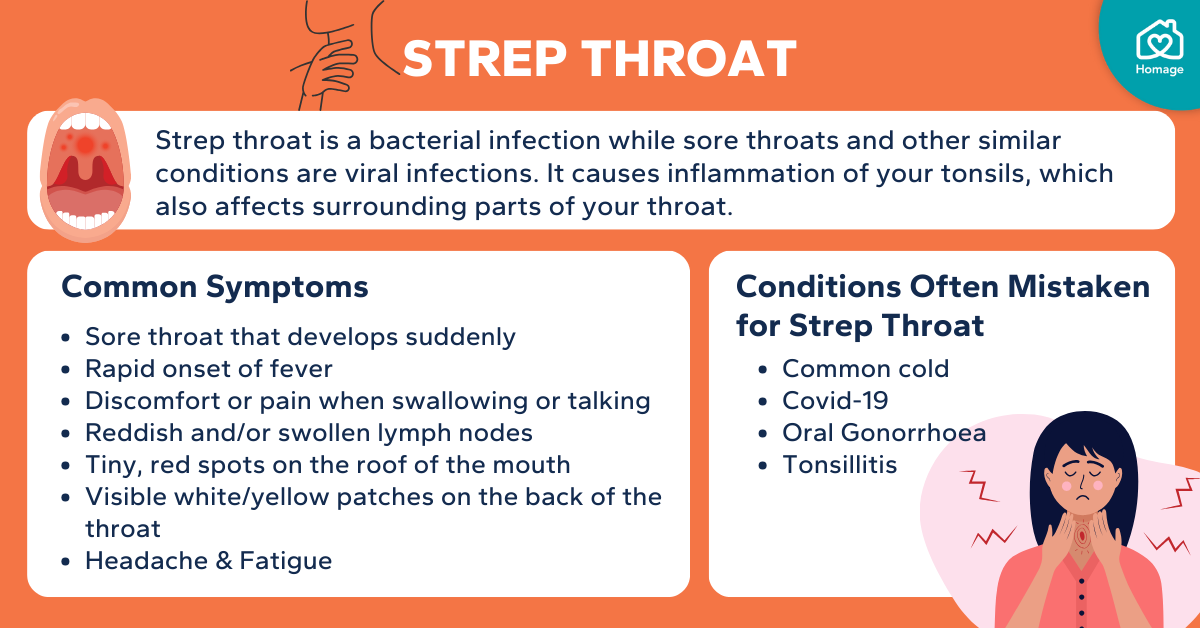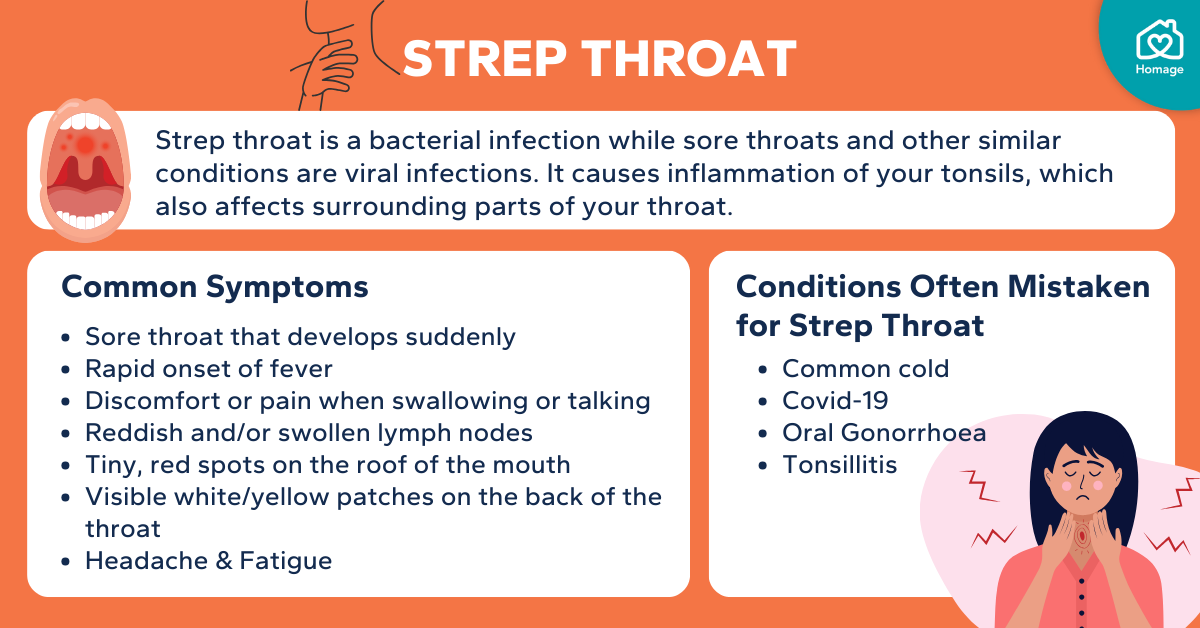When it comes to common childhood illnesses, strep throat is one of the most dreaded diagnoses for parents and kids alike. The bright red tonsils, the fever, the sore throat – it’s a miserable experience that leaves many wondering if there’s any way to avoid passing it on.
Can Strep Throat Be Passed Sexually?
In this post, we’ll delve into the often-overlooked question of whether strep throat can be transmitted through sexual contact. Is it a risk you need to worry about with your partner? And what are the implications for your relationship if someone in your household comes down with this pesky infection?
What You Need to Know About Strep Throat
Before we dive into the juicy stuff, let’s take a step back and cover some basics. Strep throat is an infection caused by the bacterium Streptococcus pyogenes (or Group A streptococcus). It’s highly contagious and can spread through airborne transmission (i.e., coughing or sneezing) as well as direct contact with someone who has the infection.
Now, you might be wondering why we’re focusing on sexual transmission specifically. The truth is, even though strep throat is primarily thought of as a childhood illness, it can affect people of all ages – including adults. And if you’re in a romantic relationship or living with someone who’s had strep throat, understanding the risks and transmission methods is crucial for your health and well-being.
So, let’s get down to business. Can strep throat be passed sexually? We’ll explore the answer to this question in our next section…

In our previous section, we discussed the basics of strep throat and its high contagiousness through airborne transmission and direct contact. Now, let’s address the elephant in the room: can strep throat be passed sexually?
The Short Answer
According to the Centers for Disease Control and Prevention (CDC), strep throat is not typically transmitted through sexual contact. This is because the bacterium that causes strep throat, Group A streptococcus, primarily infects the tonsils, adenoids, and pharynx – areas that are not directly involved in sexual transmission.
In other words, strep throat is more likely to spread through casual contact with someone who has the infection, such as sharing food or drinks, touching contaminated surfaces, or being within 3-6 feet of an infected person’s coughed-up droplets.
The Long Answer
While sexual transmission is unlikely, there are some circumstances where strep throat might be passed through intimate contact. For instance:
- If someone with active strep throat performs oral sex on a partner and then coughs or shares food/drink without covering their mouth, there’s a small risk of transmission.
- In rare cases, if the bacterium enters the genital area through sexual contact with an infected person (e.g., during unprotected sex), it might cause a localized infection. However, this is extremely uncommon and typically doesn’t spread to other parts of the body.
It’s essential to remember that these scenarios are exceptional, and the primary mode of transmission remains airborne or direct contact.
The Bottom Line
If you’re concerned about contracting strep throat through sexual contact, don’t stress – it’s extremely unlikely. However, it’s still crucial to practice good hygiene during intimate activities:
- Cover your mouth when coughing or sneezing.
- Avoid sharing food, drinks, or personal care items with someone who has strep throat.
- Wash your hands frequently, especially after using the bathroom or before eating.
We’ll continue exploring more aspects of strep throat and its impact on relationships in our next section. For now, remember that while sexual transmission is not a primary concern, taking precautions to avoid airborne transmission will greatly reduce your risk of contracting this pesky infection.
Learn more about strep throat from the CDC Read Mayo Clinic’s information on strep throat symptoms and causesGet Expert Advice on Strep Throat
Don’t hesitate to reach out for expert guidance on strep throat and its related concerns.
Consult a Medical ExpertIn the last section, we explored the ins and outs of strep throat transmission – including whether it can be passed through sexual contact. Now that you have a better understanding of the risks involved, let’s summarize the key points:
- Strep throat is primarily spread through airborne transmission and direct contact with an infected person.
- The bacterium Streptococcus pyogenes (Group A streptococcus) causes the infection.
- While strep throat is commonly associated with childhood illnesses, it can affect people of all ages – including adults.
- Sexual transmission is not a primary means of spreading strep throat, but it’s still possible to transmit the infection through intimate contact if one partner has an active case.
As we wrap up this post, let’s take away some final insights:
- If you or your partner comes down with strep throat, prioritize good hygiene practices like frequent handwashing and avoiding sharing personal items to minimize the risk of transmission.
- It’s essential to seek medical attention if symptoms persist or worsen over time. Untreated strep throat can lead to serious complications, such as kidney inflammation (nephritis) or rheumatic fever.
In conclusion, while strep throat is primarily spread through airborne transmission and direct contact, it’s crucial to understand the risks involved in sexual transmission – especially if you’re living with someone who has the infection. By prioritizing good hygiene practices and seeking medical attention when necessary, you can help protect your health and well-being.
Remember, open communication is key in any relationship. If you or your partner are concerned about strep throat transmission, don’t hesitate to discuss it with a healthcare professional for personalized guidance. Stay healthy, stay informed!
The best food for large breed dogs: Are you looking for the perfect kibble for your furry giant? From joint health to digestive needs, we’ve got the scoop on what makes a great diet for large breed dogs. Explore our top picks and find the paw-fect fit!
What is anemia caused by folic acid deficiency: Did you know that a lack of folic acid can lead to anemia? Learn about the causes, symptoms, and treatment options for anemia caused by folic acid deficiency. Don’t let this silent deficiency sneak up on you – click the link to stay informed!





